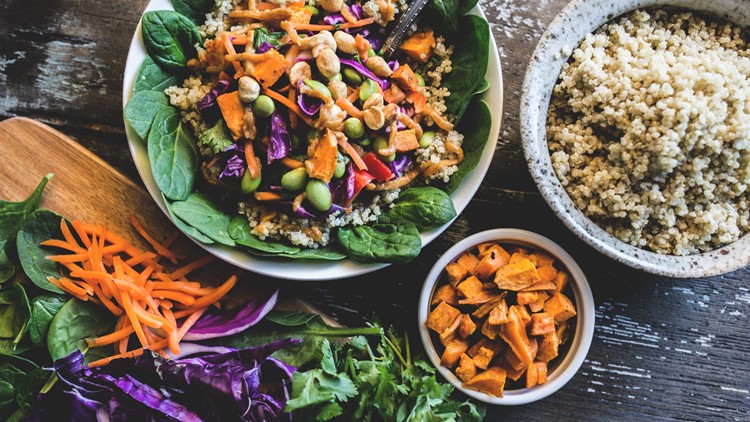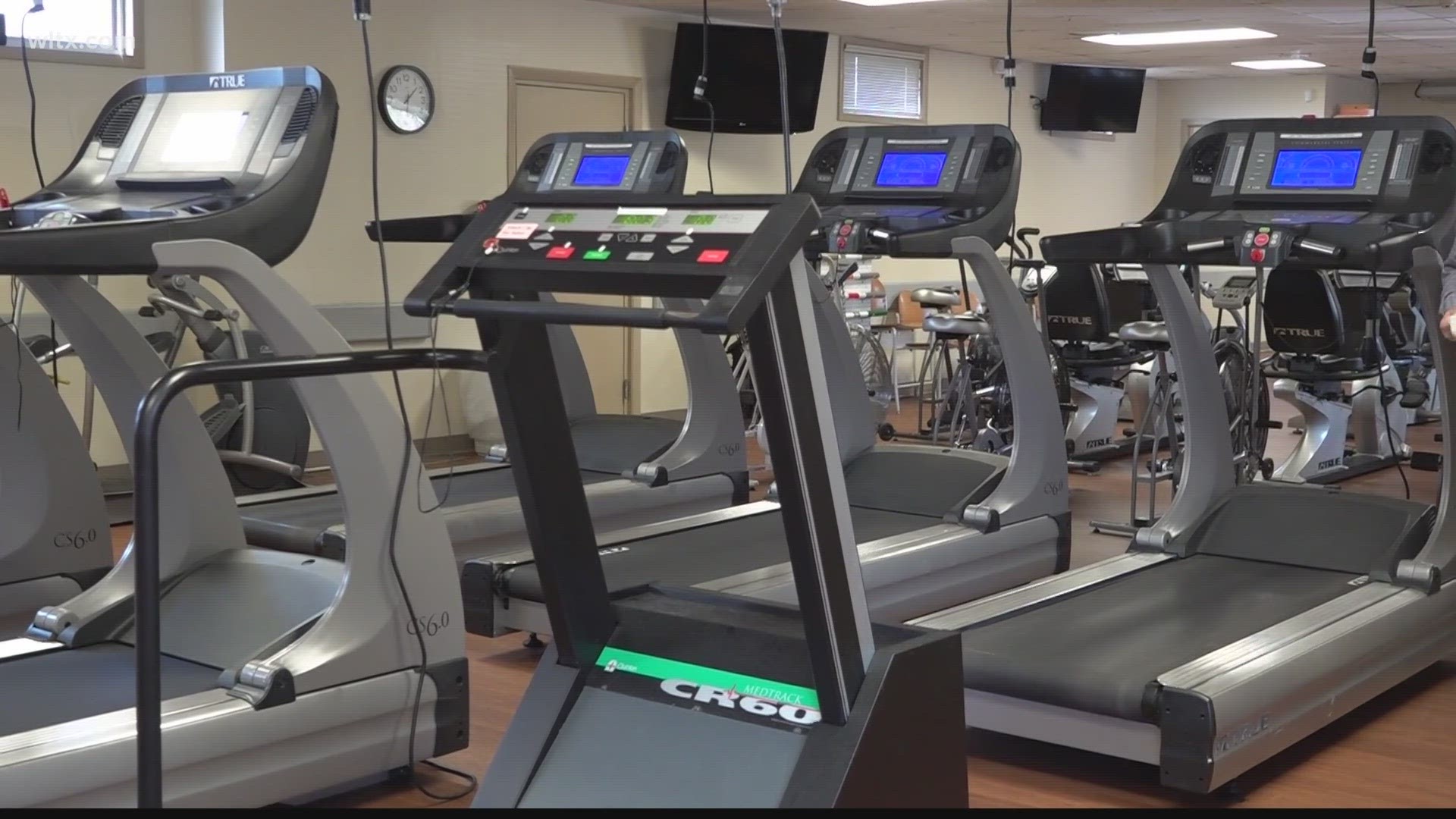WEST COLUMBIA, S.C. — There’s a growing trend around the world to follow a more plant-based way of eating. Think Mediterranean diet. As a result, plant-based “meat” products such as Impossible Burger and Beyond Meat are increasingly seen on grocery stores shelves and restaurant menus, and plant-based “dairy” products like soymilk and almond milk have become commonplace. Market research shows plant-based food sales are growing at five times the rate of total food sales.
Many studies now confirm that consuming a meat-free diet is associated with a longer life and reduced risk of chronic diseases such as heart disease, diabetes, weight loss and some cancers. While some choose a plant-based diet for health reasons, others choose to reduce meat consumption or even become vegetarian to reduce their carbon footprint on the environment or for ethical or religious reasons.
This year, 29 percent of Americans say they are actively reducing their meat and dairy consumption. While only 6 percent of Americans identify as vegetarian or vegan, flexitarians represent the largest growth opportunity for plant-based foods. What’s a flexitarian? Here’s the lowdown on the range of options for following a plant-based diet.
- Flexitarian: Mostly avoids meat, poultry or fish, but will occasionally eat them
- Partial vegetarian: Avoids meat, but may eat some meats (pescatarians eat fish, pollo-vegetarians eat poultry)
- Lacto-ovo vegetarian: Skips the meat, poultry, fish, but eats eggs and dairy products
- Lacto-vegetarian: No meat, poultry, fish or eggs, but consumes dairy products
- Ovo-vegetarian: Does not eat meat, poultry, fish or dairy products, but does eat eggs
- Vegans (total vegetarian): No meat, poultry, fish or any products derived from animals, including eggs, dairy products, lard and gelatin
A common concern for those considering a plant-based diet is making sure they get enough protein. Here are some great proteins sources, along with other healthy foods that you’ll want to include in a vegetarian diet:
- Proteins: Plant-based meat substitutes, tofu, tempeh, seitan, natto, nutritional yeast, spirulina, eggs, dairy products
- Fruits: Fresh or frozen are best
- Vegetables: Any vegetable not fried or cooked “Southern style”
- Grains: Quinoa, barley, buckwheat, rice, oats
- Legumes: Lentils, beans, peas, chickpeas
- Nuts: Almonds, walnuts, cashews, chestnuts
- Seeds: Flaxseed, chia, pumpkin, hemp
- Healthy fats: Olive or avocado oil
If you’re interested in starting a plant-based diet, try beginning with Meatless Monday! It’s a great way to start using less meat when planning meals. Deciding whether or not to follow a more plant-based diet is a personal choice. Just remember to make sure your eating plan is well-designed and healthy.
Think vegetarian eating may be bland or boring? Try this recipe that’s one of my family’s favorites.
Artichoke Chickpea Vegan “Crab” Cakes
Visit VanillaAndBean.com for this of other delicious vegetarian recipes.



